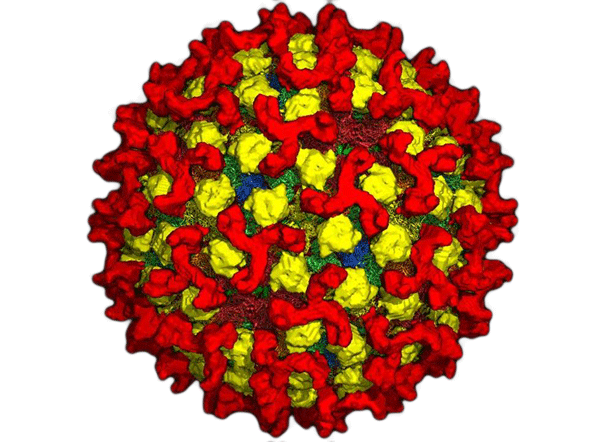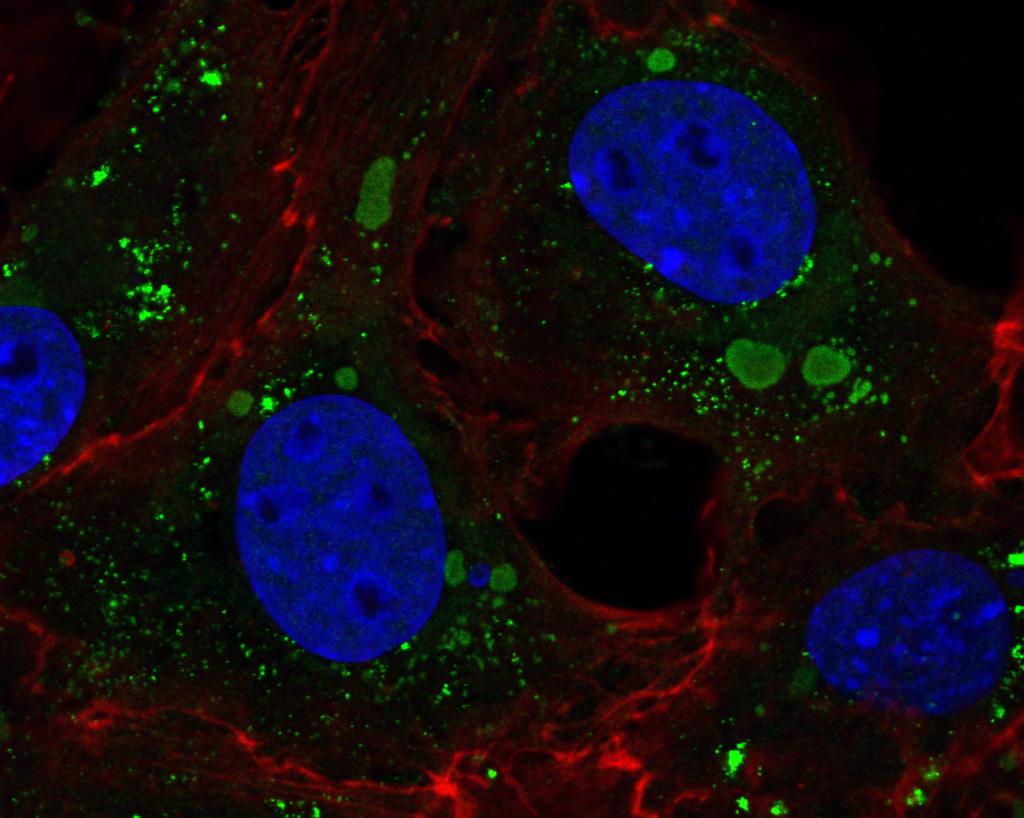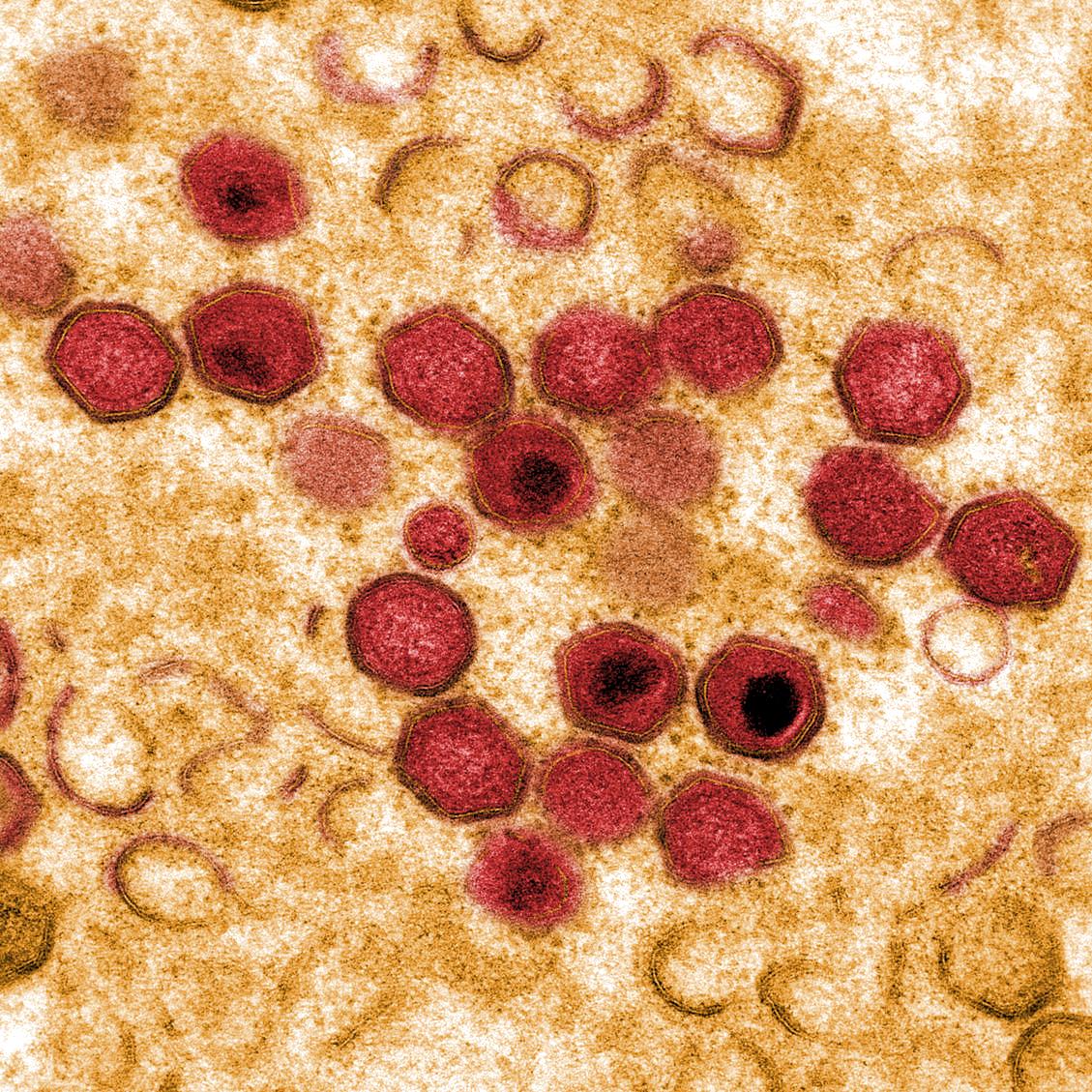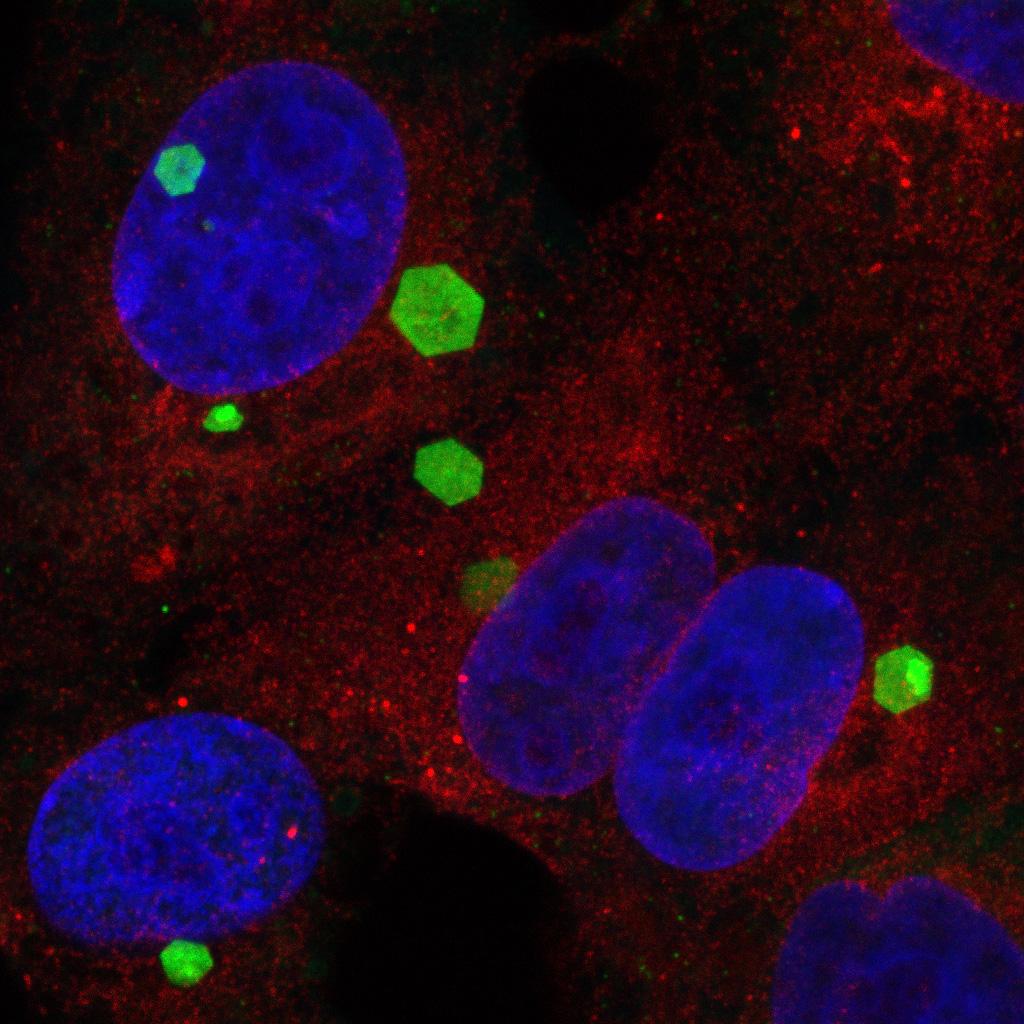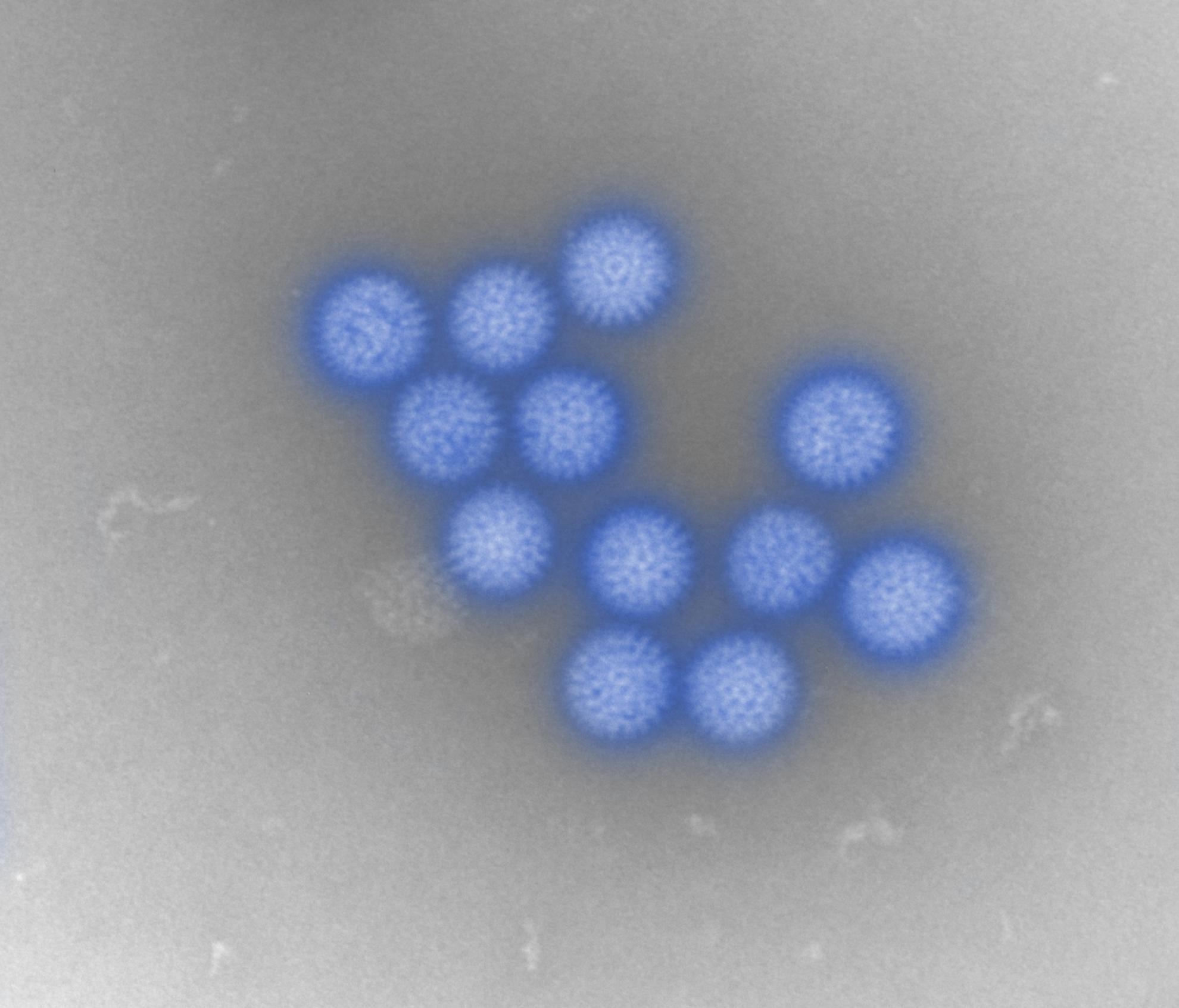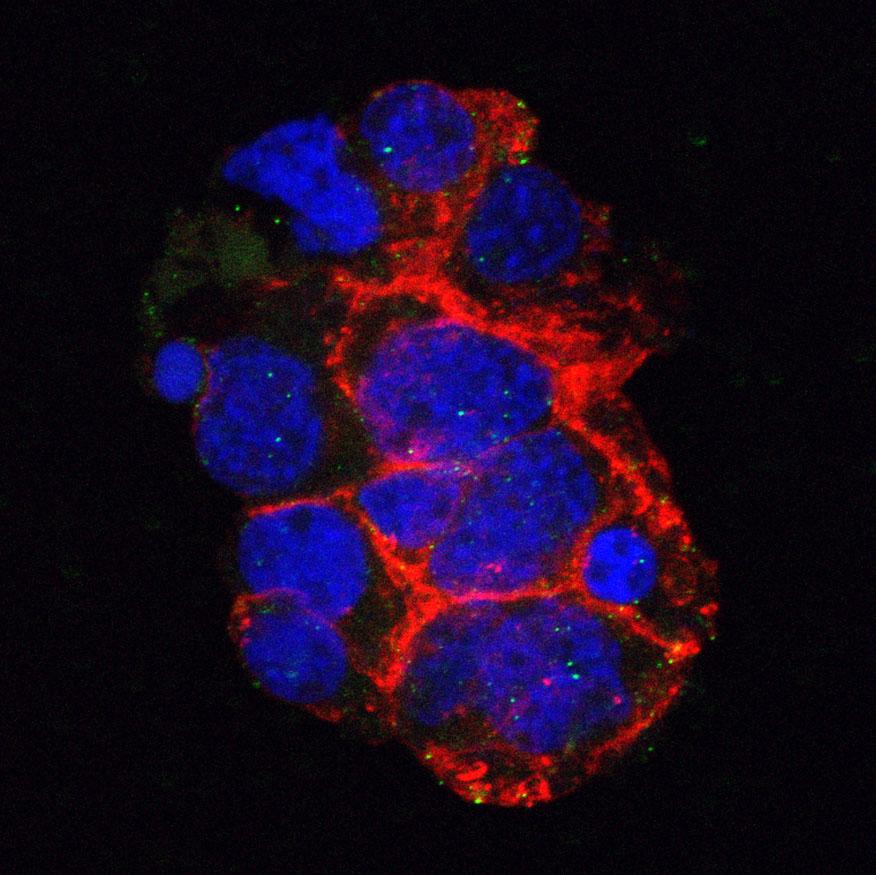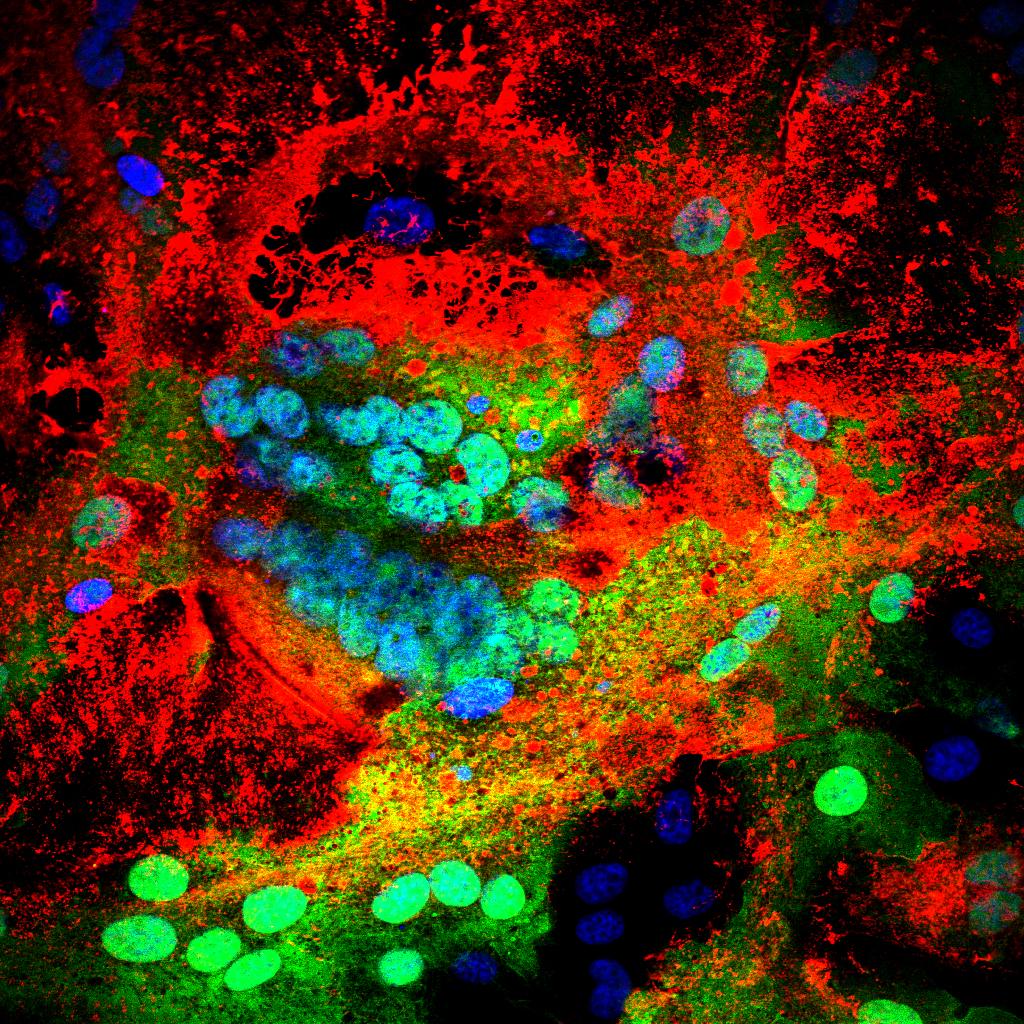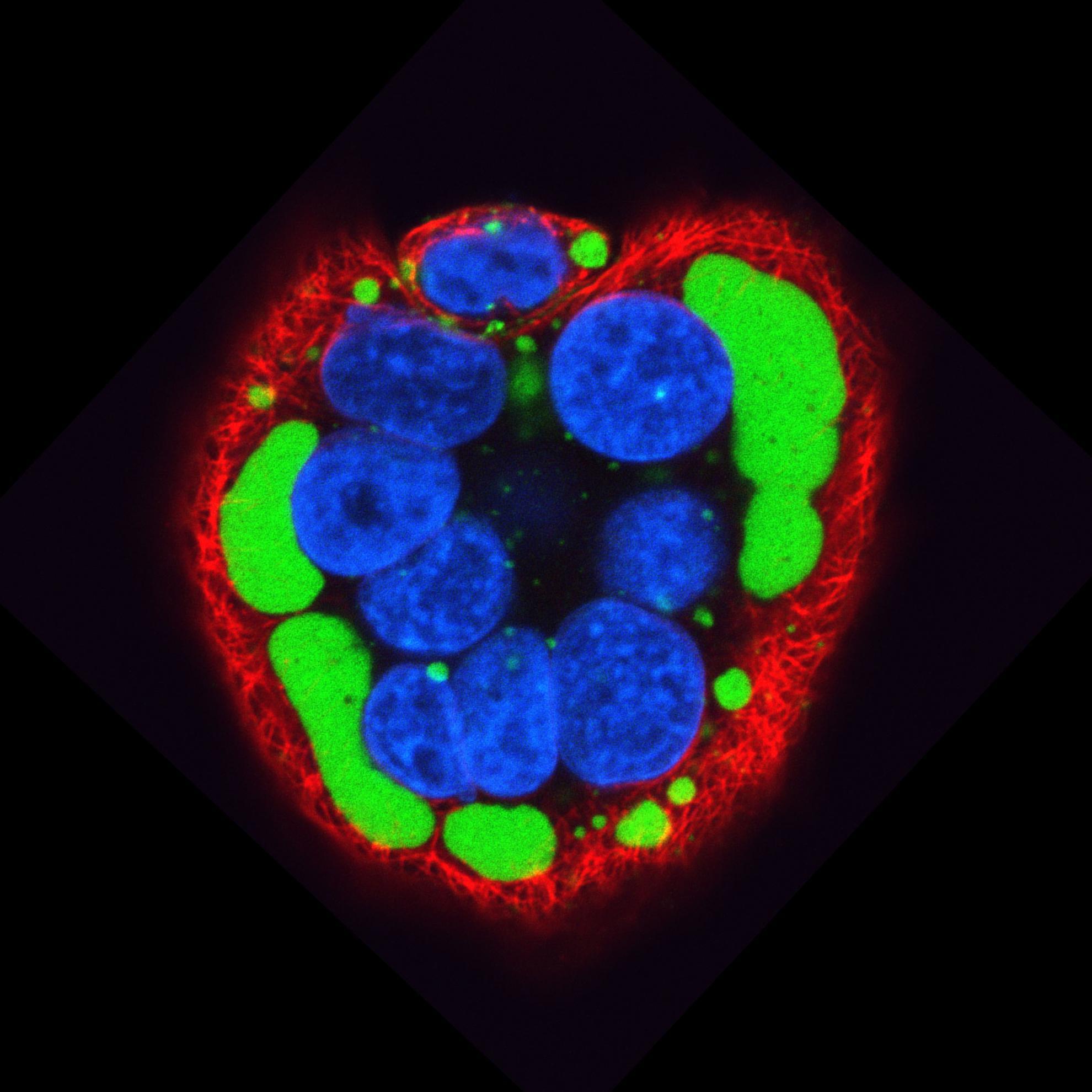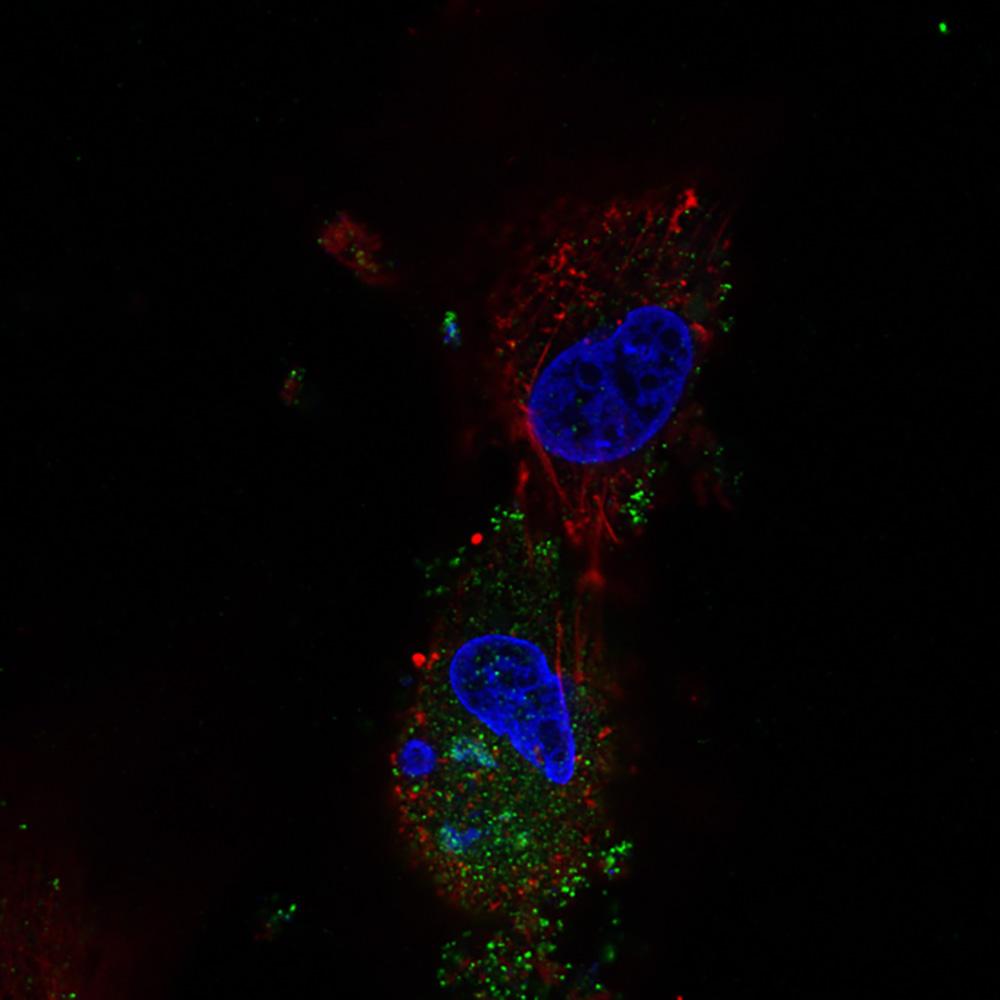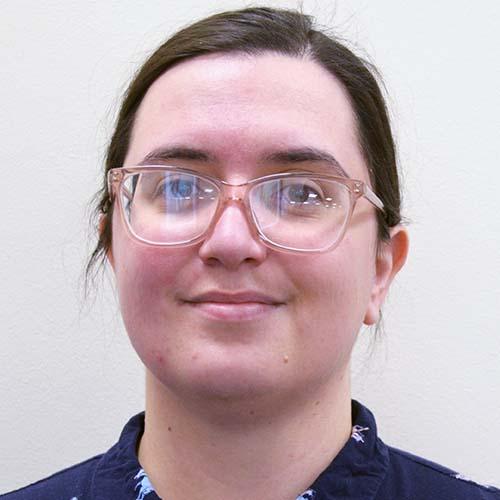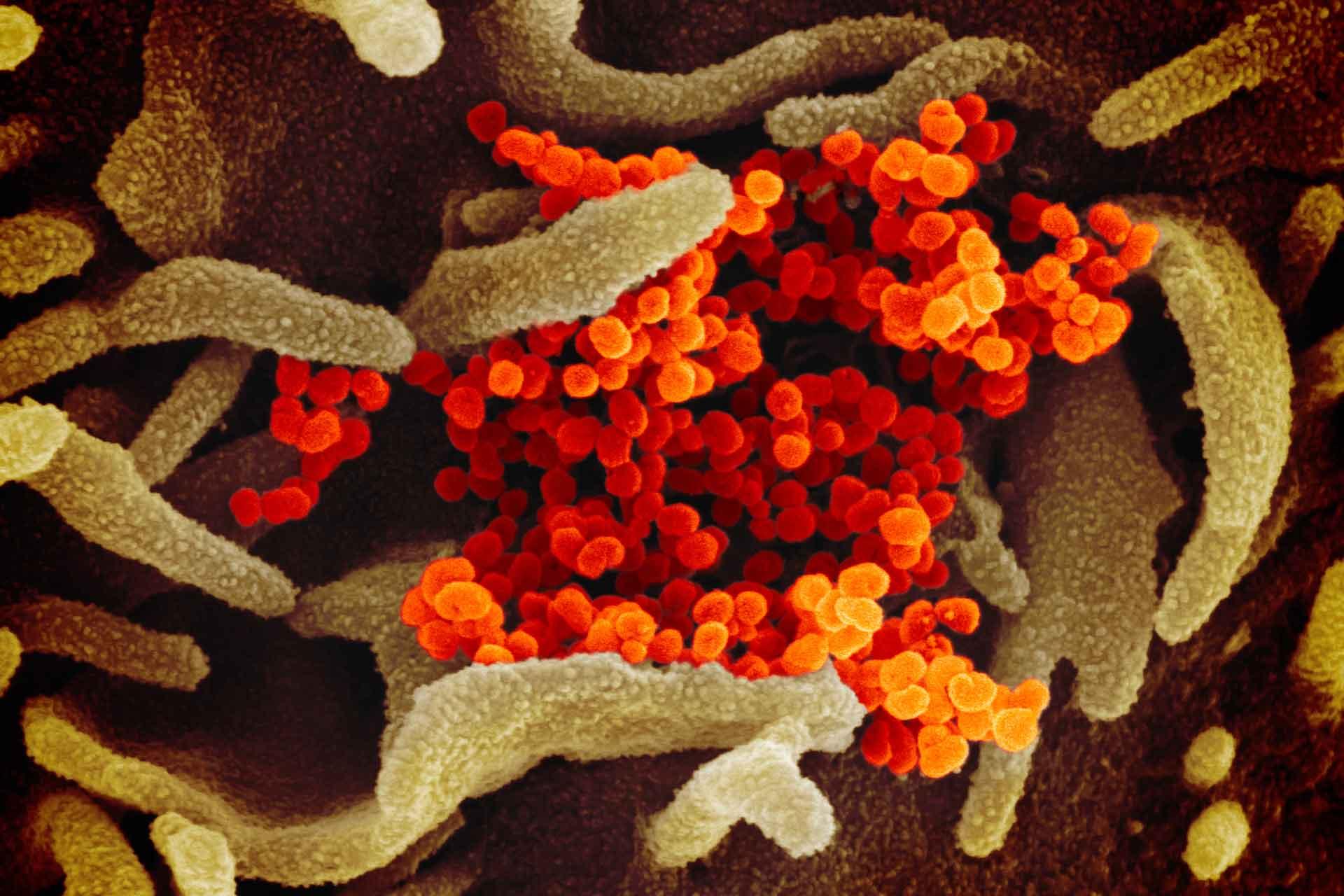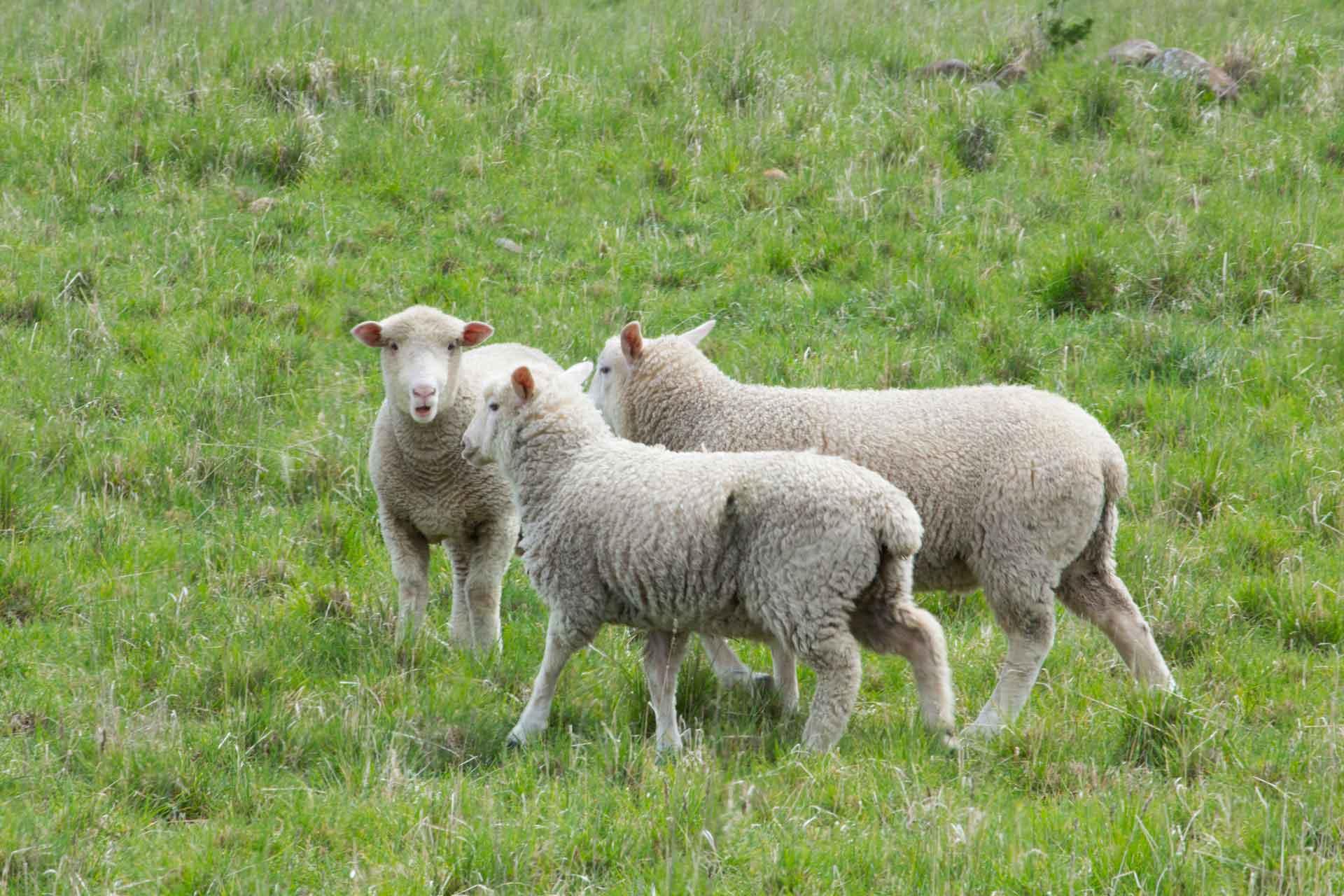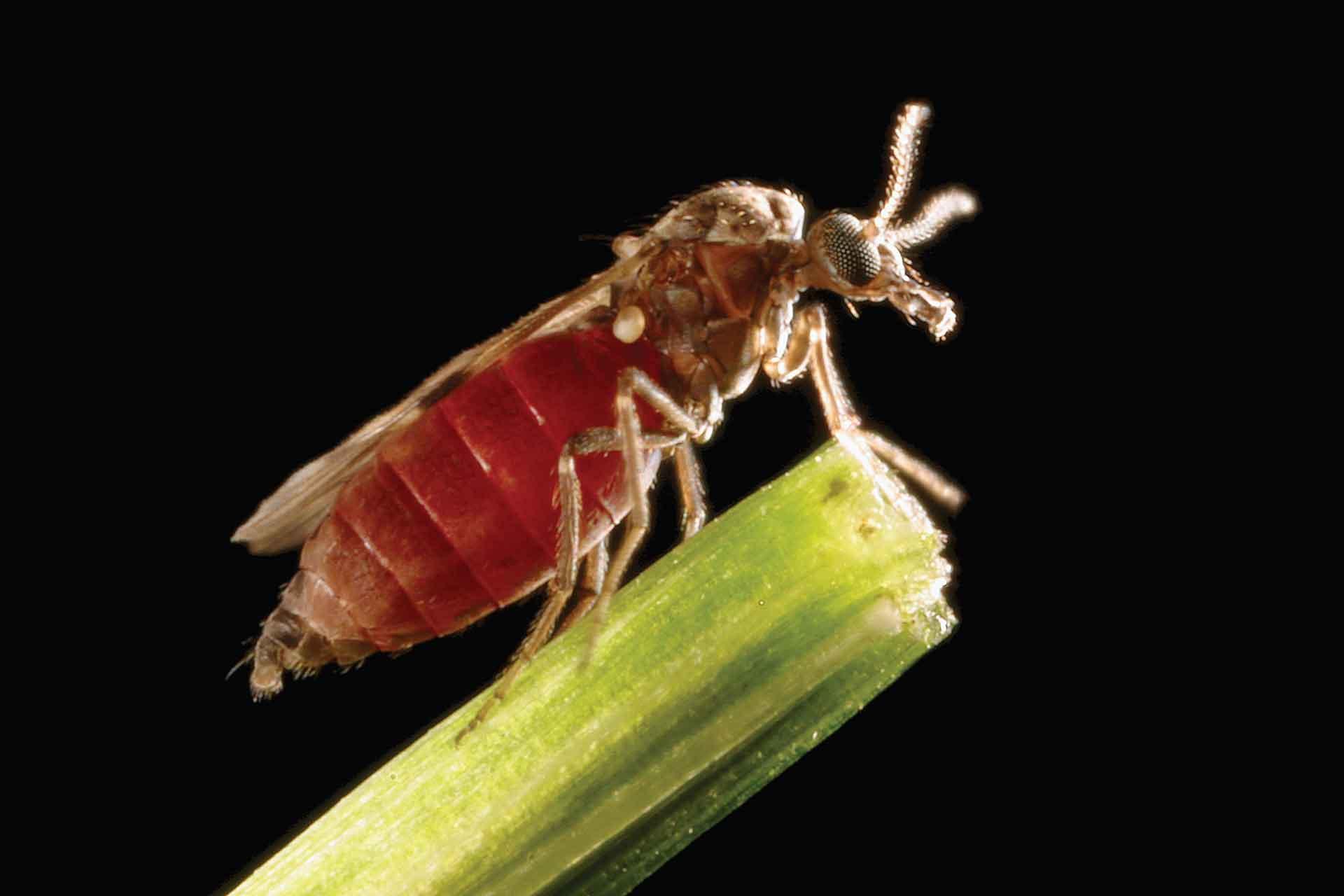Our group
The Non-Vesicular Reference Laboratory (NVRL) Group brings together eight National and World Organisation of Animal Health (WOAH) reference laboratories working on non-vesicular diseases at Pirbright. These diseases include bluetongue, African horse sickness, African swine fever, peste des petits ruminants, Lumpy skin disease, sheep pox and ogat pox, and Rinderpest (which was declared eradicated in May 2011).
These reference laboratories provide an essential diagnostic, surveillance and advisory service to the UK Government (Defra), United Nations Food and Agriculture Organisation (FAO), and the World Organisation for Animal Health (WOAH). We are on the frontline in responding to outbreaks, receiving samples for diagnosis from the UK, Europe and across the world.
The group was instrumental in diagnosing the first incursion of bluetongue virus into northern Europe in 2006, the UK in September 2007, African horse sickness virus in Thailand in 2020, lumpy skin disease virus in Hong Kong in 2020 and played a leading role in the response to an incursion of bluetongue virus serotype 3 into the UK in November 2023.
Our research
The NVRL’s remit spans both applied and fundamental research. We maintain, improve and develop new molecular and immunological diagnostic tests to ensure the UK’s resilience and capability to prevent and control transboundary veterinary (non-vesicular) viral diseases. The following are all examples of our cross-disciplinary research, which furthers our fundamental understanding of these viral diseases both from a host and virus perspective:
- We are working to improving our resilience to diagnose ASFV and to understand virus stability to better inform disinfection and inactivation procedures.
- We are streamlining our whole genome sequencing, and soon our RNAseq, pipelines to further our Capripoxvirus genomics and transcriptomics research and diagnostic capabilities.
- We are improving our ability to rapidly sequence newly emerging viruses to understand their origin and evolution and are ensuring our front-line diagnostic tests detect all current and globally emerging viral strains.
- We are building a fundamental understanding of the ruminant immune response to orbivirus infection and vaccination, aiming to identify targets to improve vaccines and diagnostic tests.
Our impact
The NVRL supports the Pirbright Institute’s mission to contain, control and eliminate economically and medically important diseases, contribute to global food security and health by improving the quality of life for animals and people.
As part of its commitment to the FAO and WOAH, the NVRL organises scientific and technical training. Each year the NVRL run training courses allowing scientists to improve their knowledge of high consequence viral diseases. The NVRL provide training in the principles and applications of modern biotechnologies for the diagnosis and control of viral diseases.
The NVRL, have completed WOAH-funded laboratory twinning projects with laboratories in Morocco, Uganda, Tanzania and The Philippines. The aim of these twinning projects are to enhance the diagnostic capabilities of the National reference laboratories for high consequence viral diseases, building expertise and capacity to support disease control.
As a National reference laboratory, the NVRL houses a large reference collection of viral isolates.

